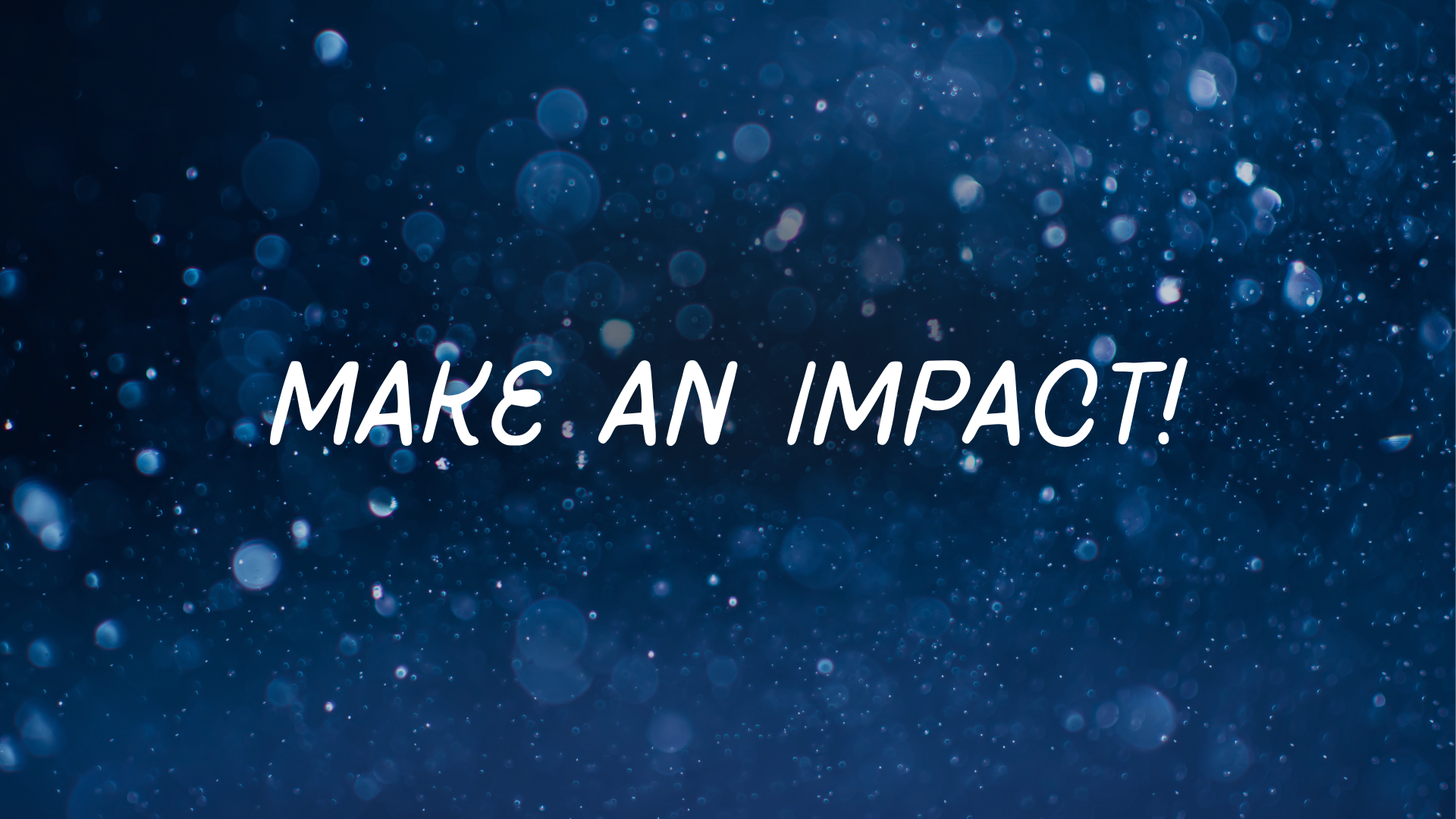Celebrating Indigenous Peoples’ Day: Honoring Culture, Resilience, and Partnerships
Indigenous Peoples’ Day, observed on the second Monday of October (October 14th this year), is a time to honor the rich histories, cultures, and contributions of the Native American people. This day offers an opportunity to reflect on the tribal roots of Indigenous peoples and the difficult histories that, while painful, have also strengthened their communities.
Formerly known as Columbus Day, the focus of Indigenous Peoples’ Day is to recognize the deep and lasting impact Native Americans have had on the contours of our country.
As shared in the U.S. President’s Proclamation in 2022, “On Indigenous Peoples’ Day, we celebrate Indigenous history and our new beginning together, honoring Native Americans for shaping the contours of this country since time immemorial.” The words offer a chance to pause, learn, and engage in meaningful conversations about the enduring resilience of Indigenous peoples.
Reflecting and Building Partnerships
Though Chinook will be working on Indigenous Peoples’ Day, we invite everyone to take time to reflect and honor this day. It is not just an annual observance but a call to year-round education and engagement with Indigenous culture and resilience. At Chinook, we are actively working to forge long-lasting partnerships with local tribes, recognizing the valuable knowledge and wisdom they hold, and looking for ways to support our shared mission of full community participation for people with disabilities and other barriers.
Learn more about our local tribes and the efforts being made in our community here.
How to Celebrate Indigenous Peoples’ Day
There are many ways to honor Indigenous Peoples’ Day, whether by learning about the history of Indigenous peoples or engaging in active discussions and events. Here are a few ways to observe the day:
- Read Indigenous Literature
Explore must-read books like “A Short Account of the Destruction of the Indies” by Bartolomé de las Casas, “1491: New Revelations of The Americas Before Columbus” by Charles C. Mann, “An Indigenous People’s History Of The United States” by Roxanne Dunbar-Ortiz, and “Bury My Heart At Wounded Knee” by Dee Brown to deepen your understanding of Indigenous experiences.
- Attend an Event
Participate in events hosted by Native American organizations to connect, listen, and learn about ongoing issues faced by Indigenous communities.
- Host a Movie Screening
Watch films such as “Dances with Wolves” (1990), “Songs My Brothers Taught Me” (2015), “Gather” (2020), and “Indian Horse” (2017) and discuss their themes with friends or family.
The History of Indigenous Peoples’ Day
The seeds of Indigenous Peoples’ Day were first planted at a U.N. international conference on discrimination in 1977. South Dakota became the first state to formally recognize the day in 1989, with cities like Berkeley and Santa Cruz soon following. Despite Columbus Day being officially recognized since 1937, many began calling for a shift, urging the nation to celebrate the lives, cultures, and histories of Native Americans instead of glorifying figures associated with colonial violence and oppression.
For Native American communities, Columbus Day has long symbolized a history of colonial exploitation and suffering. Indigenous Peoples’ Day seeks to highlight the overlooked pain, trauma, and broken promises that European colonization inflicted on these communities. Before European settlers arrived, Native Americans had built thriving, self-sufficient communities, maintaining sustainable ways of life for thousands of years. Today, 14 states and the District of Columbia, along with over 130 cities across the U.S., have chosen to celebrate Indigenous Peoples’ Day, honoring these communities and their ongoing contributions.
We can honor Indigenous Peoples’ Day not only by recognizing the past but also by building a more inclusive future together.




